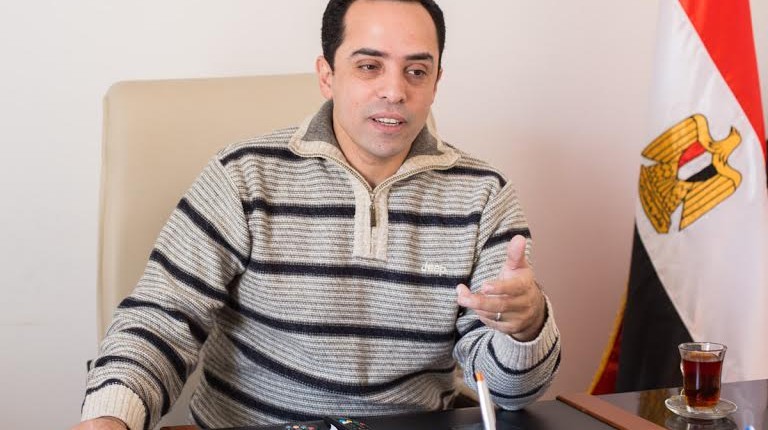It has become clear to everyone that we need a true power to take administrative and financial decisions to bring economic studies and drawings to reality and to show the world the real political and economic message of the New Suez Canal: Egypt is capable of facing its economic challenges without fear.
But the question here is about the means of funding—will Egypt resort to the same financing technique that has placed it at the mercy of international companies by pursuing lending agreements that may adversely affect the Egyptian economy later?
Egypt has been very successful in pursuing development and improving its foreign relations. To both ends, the state has spent almost EGP 1.3tr, bringing internal and external public debt to a scary level. I hope there is an investment plan so that these projects can benefit the national economy and earn what the state spends preparing them. I also hope that these projects will not be isolated initiatives, but rather an integrated economic plan.

Yes, Egypt was delighted with the inauguration of the New Suez Canal. The most important thing is that it is an engineering miracle built by Egyptian hands. Even more important, it is the base of national projects, such as the Suez Canal Development Area, which was announced during the Sharm el-Sheikh economic conference in March 2015. This conference taught us to be more prepared, before and after the event. I, as one of the youth, am not satisfied with the results, due to the awkward behaviour of the Egyptian state, as if they were surprised by the constraints on Egypt’s legislations and laws.
The Suez Canal Development Area will push Egypt and the countries surrounding us forward. Building shipbuilding and maintenance projects related to the canal’s logistical activities would necessarily entail the revitalisation of global trade and attract businesses to Egypt, Sudan, Saudi Arabia and Jordan. Cities along the Red Sea and the Suez Canal would turn into large commercial and industrial areas. This was the reason behind the canal. The intention wasn’t just to increase revenue by increasing ship transit. The project aimed to maximise the benefit of the international maritime corridor and counter Israel’s attempts to create alternatives to the Suez Canal, including the establishment of a freight railway between the Red Sea and the Mediterranean Sea. The Egyptian state took a decisive step by increasing revenue generated from the projects surrounding the canal by EGP 100bn in the past ten years.
It is clear that the strategic planning for this project is fascinating. Therefore, I hope we can work together to conquer all challenges posed by a functional bureaucracy.
Hence, I hope the state adopts public financing initiatives for major projects. This will also reflect positively on the morale of the Egyptian people.
The aspirations of the Egyptian people are great, but we have to be transparent and accurate in the decisions we take to raise expectations.
Good management of the Suez Canal projects and those in Upper Egypt will put Egypt on track for a better future and solve its chronic economic and social problems.
I expect Egypt’s economic growth rate to increase by 6% in the next year. Egypt can accumulate the lion’s share of global trade if it becomes an attractive investment area. We have to prepare for that. The efforts of the president in preparing those projects must be met with real achievements on the ground.
Yes, we finished a big challenge, but we must prepare for a challenge much bigger than the digging of the New Suez Canal: Developing the Suez Canal Investment Area and the projects of East Port Said Port. Collectively, they are the key for economic, social and political development in Egypt. People who seek renaissance do not look back, but have their eyes set on the future, to take cues and learn. May god save Egypt and its people. Long live Egypt. Long live Egypt.



